Credit to Dr Kate Jupp, PIER officer, Stevie Corbin-Clarke and Misha Naran (research assistants) for their amazing work on the Hidden Hunger project with BCP Access to Food Partnership. Links to the research report and associated film can be found in BCP Access to Food Partnership’s press release below.
Isolation and loneliness are big issues facing older adults in our communities. This project hears from people in the BCP area and their struggles and difficulties around food, connection and the stigma attached to asking for support. BCP’s Access to Food Partnership wanted to better understand local observations that ‘older adults are less likely to use foodbanks and have a higher level of attendance at lunch club settings’.
In collaboration with Christchurch Community Partnership and Bournemouth University’s PIER (Public Involvement in Education and Research) team, the project worked closely with Highcliffe Lunch Club to better understand the barriers as well as the solutions that will enable better access to relevant support for older people experiencing food insecurity.
The BU PIER Community Researcher Model enables participants with lived experience of the topic being explored to feel comfortable in sharing their insight as well as building confidence in becoming peer mentors and community researchers.
The conversations by community researchers identified the following themes:
- Basic Needs Not Being Met
- Broadening from Poverty
- Benefits of Lunch Clubs
- Asking For Help
- Someone to Trust
“A significant learning for us from his project was that access to food for some older people was not only about poverty. It was often about mobility, frailty and tied up with not wanting to ask for help or be seen as a burden. Having someone they could just ask, was the key to making a difference”. BU Research team
The research has prompted partners to take action and develop their practice using the lessons learnt, including:
- Christchurch Community Partnership (CCP) has established a new monthly Sunday Roast project They have also started a completely new weekly CCP Lunch Club which includes more time either side of a meal for people to socialise (mobility issues meant eating and talking is harder for some attendees) as well as supporting the Greystones lunch club. “We were surprised at how much food insecurity there is for many of our older residents and the Hidden Hunger research has both informed and shaped our provision going forward”. Rev. Sandra Prudom CEO of CCP.
- Partners will use the learnt ‘community researcher model’ to reach other seldom heard voices within our community.
- Bournemouth University will help build capacity for community groups, staff and volunteers to have the skills and confidence to lead and conduct their own research
The Access to Food Partnership is a group of over 70 community food organisations and many others from the public and voluntary sector. They will continue to connect and deliver better outcomes for those experiencing food insecurity. Alistair Doxat-Purser (Chair of Access to Food and CEO of Faithworks) said:
“The findings from this research project are very timely as demand at foodbanks from those over 65 starts to grow. Relational support as well as practical help is becoming more and more what the Access to Food Partnership stands for – and magnificently demonstrates day in, day out.”
The partners have recently produced a film to go alongside the report to share the findings of the project, which can be viewed in the ‘Research section’ here:
Resources for Access to Food Partnership members | BCP and Hidden Hunger Film
Thanks
Michael
 Michael French
Michael French
Community Food Co-ordinator
Public Health and Communities Directorate
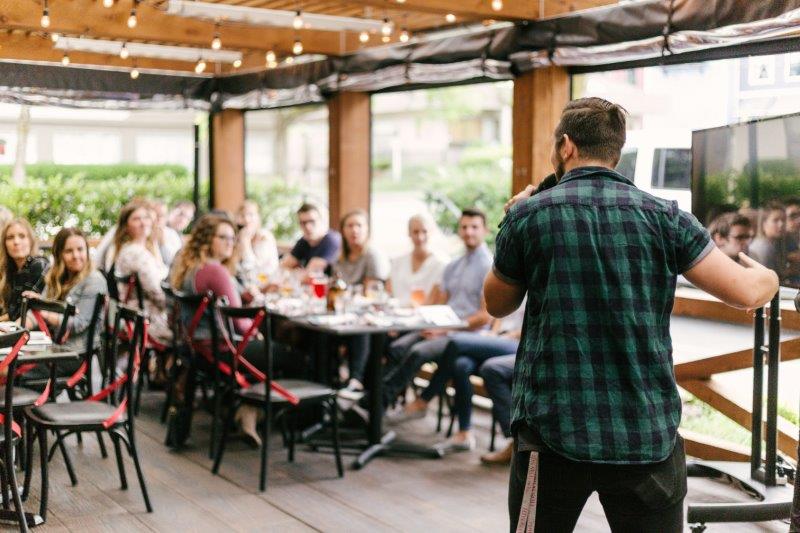
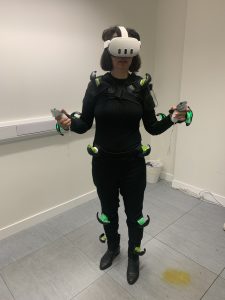 This is Dr Roya Haratian participating in data collection to help develop AI which can read emotions from motion!
This is Dr Roya Haratian participating in data collection to help develop AI which can read emotions from motion!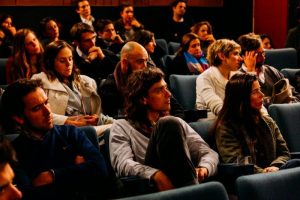
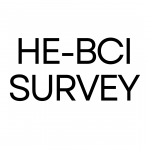 Find your faculty table
Find your faculty table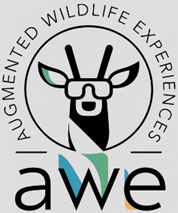

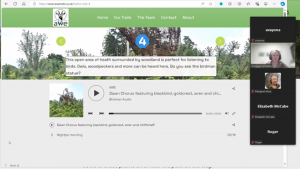 On the 11th of November
On the 11th of November
 This year, thanks to your valuable contributions, we appear to have successfully captured an increased number of events in comparison to previous years.
This year, thanks to your valuable contributions, we appear to have successfully captured an increased number of events in comparison to previous years.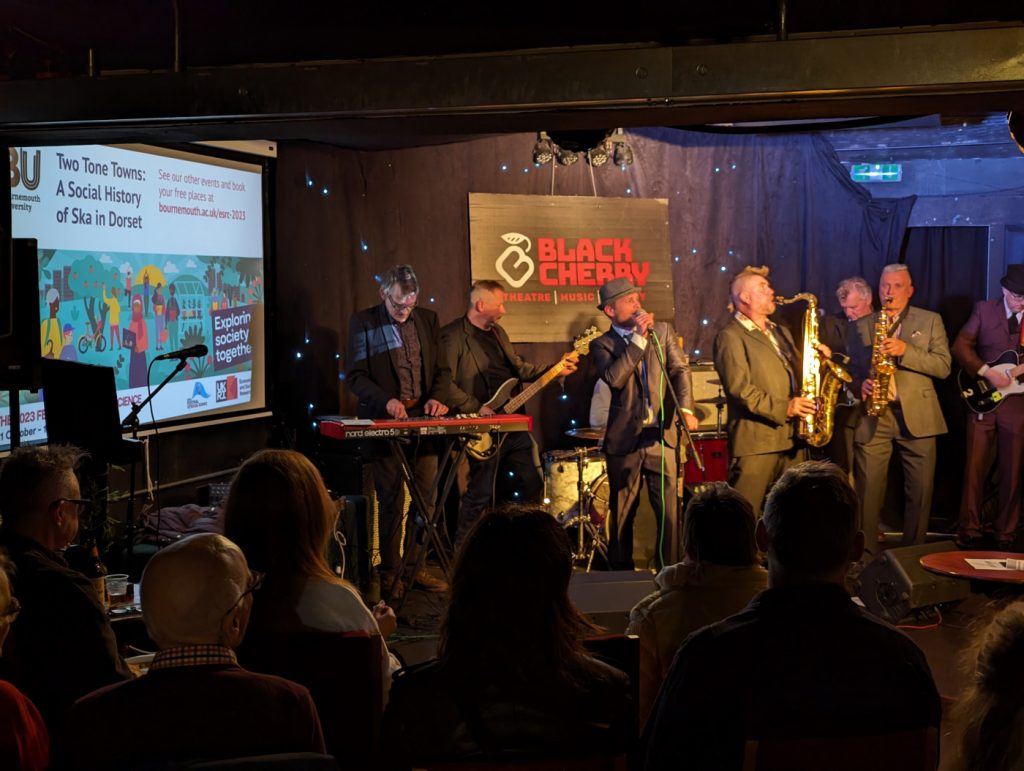

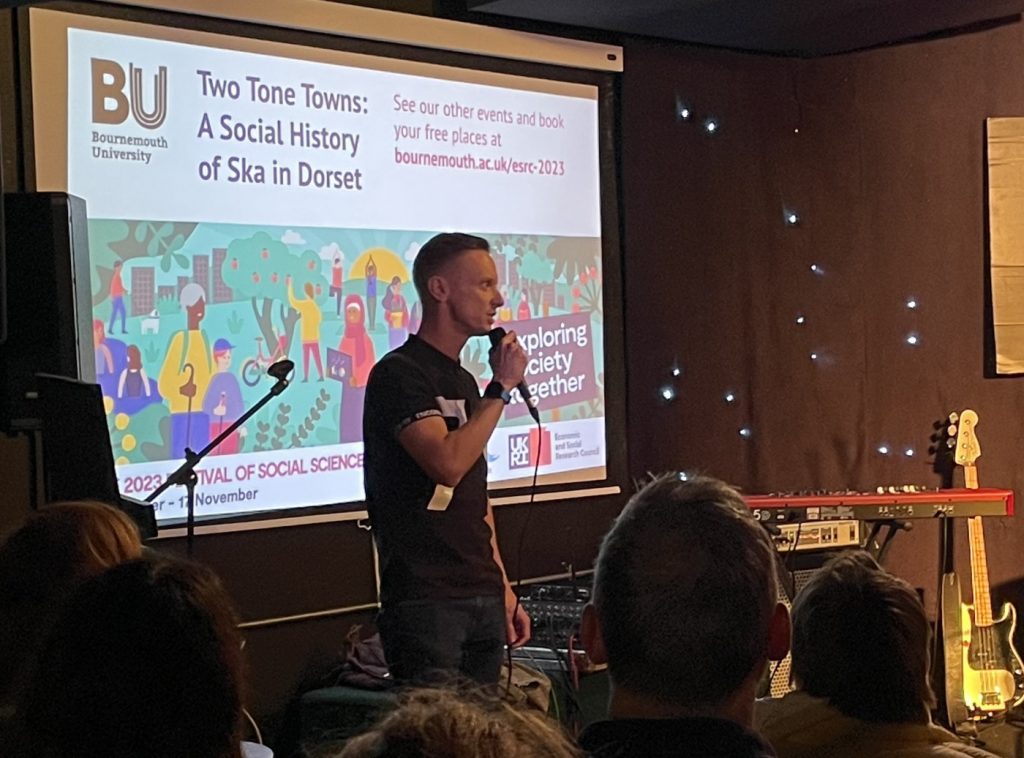
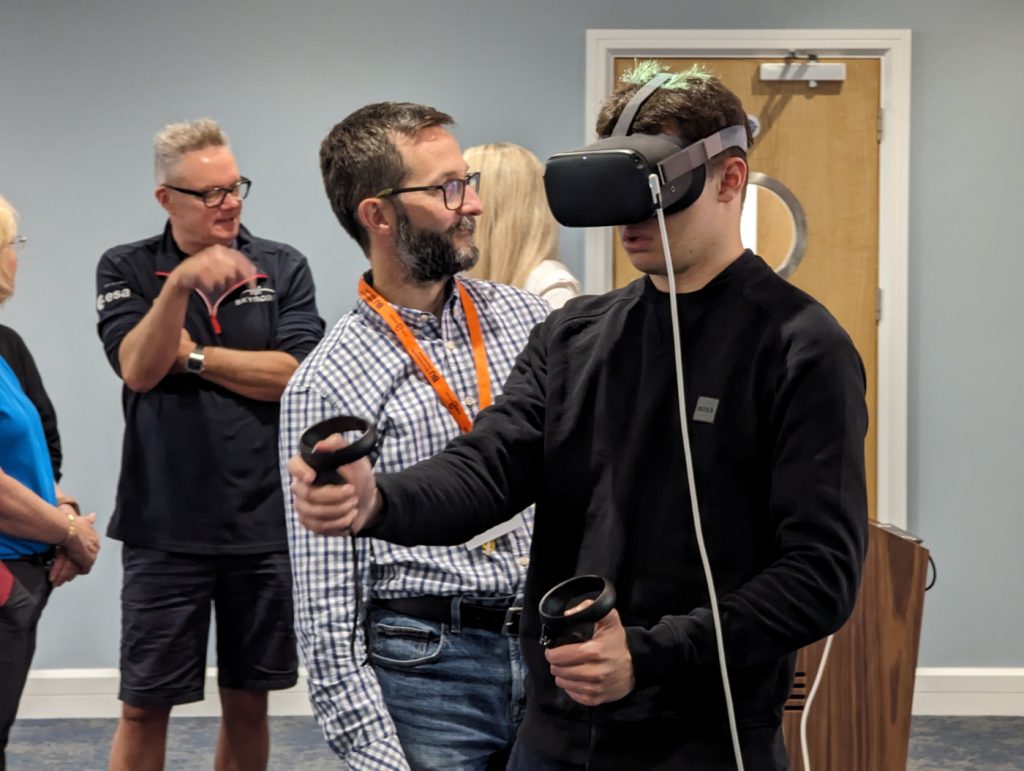
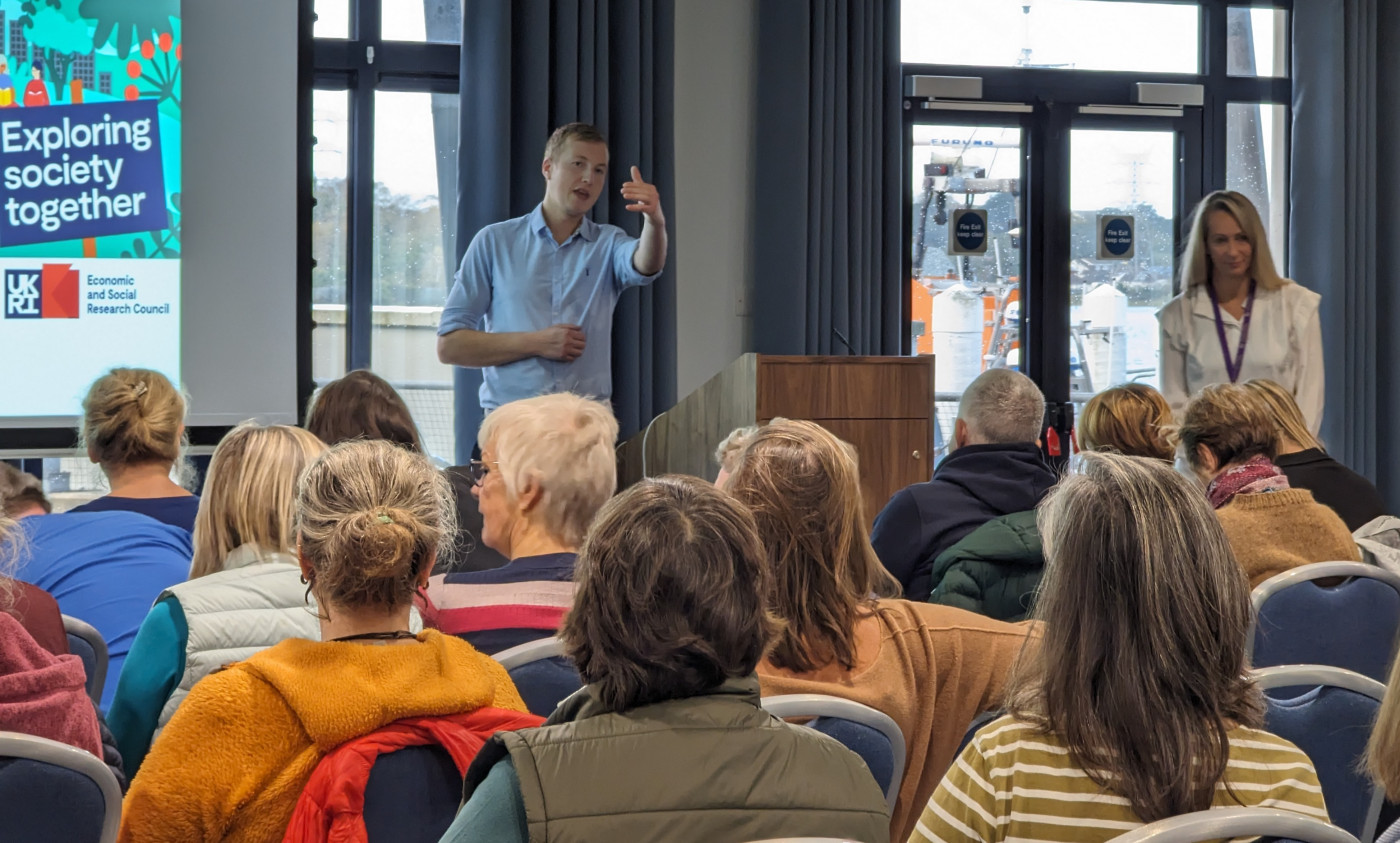

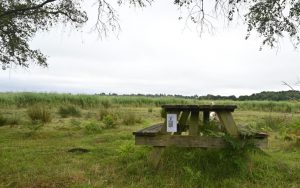


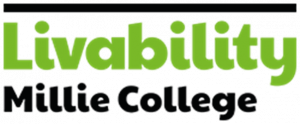












 Second NIHR MIHERC meeting in Bournemouth this week
Second NIHR MIHERC meeting in Bournemouth this week Dr. Ashraf cited on ‘Modest Fashion’ in The Guardian
Dr. Ashraf cited on ‘Modest Fashion’ in The Guardian NIHR-funded research launches website
NIHR-funded research launches website MSCA Postdoctoral Fellowships 2025 Call
MSCA Postdoctoral Fellowships 2025 Call ERC Advanced Grant 2025 Webinar
ERC Advanced Grant 2025 Webinar Horizon Europe Work Programme 2025 Published
Horizon Europe Work Programme 2025 Published Horizon Europe 2025 Work Programme pre-Published
Horizon Europe 2025 Work Programme pre-Published Update on UKRO services
Update on UKRO services European research project exploring use of ‘virtual twins’ to better manage metabolic associated fatty liver disease
European research project exploring use of ‘virtual twins’ to better manage metabolic associated fatty liver disease